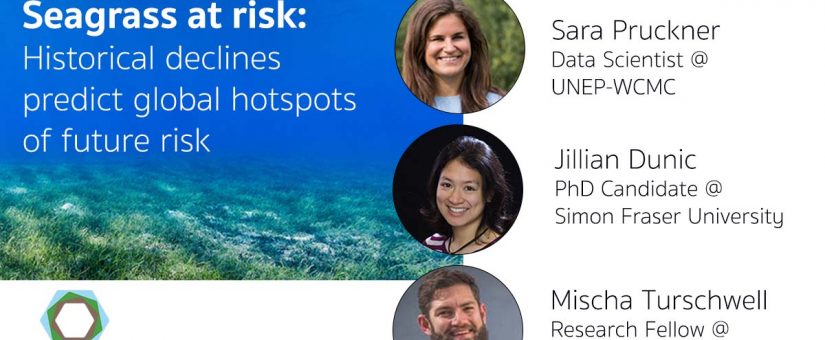
Seagrass at Risk Webinar: Historical declines predict hotspots of future risks
- Posted by Natasha Watson
- On March 1, 2022
OVERVIEW
Seagrass at Risk: Historical declines predict hotspots of future risks
Global declines in seagrass meadow area have been widespread and substantial over the last century – we have lost 19% of seagrass areas studied since 1884. The number of seagrass sites surveyed around the world has doubled since the last major global seagrass synthesis in 2009 by Waycott et al. This has allowed many geographical gaps to be filled in and the expansion and decline of seagrass bioregions to be updated. Although the declining trends of historical seagrass loss have stabilised or are on a recovery pathway, the overall loss still outweighs the gains.
Coastal development and water quality have been identified as the top two drivers of seagrass loss. Through mapping seagrass globally and quantifying how threats from humans are related to seagrass meadows, we can identify vulnerable sites and regions likely to be undergoing declines, even where long-term data are lacking. This allows us to identify where monitoring the range of shifts in seagrass should be expanded to allow for improved management. Marine managers, scientists and policy makers can utilise global risk mapping of seagrass meadows to improve outcomes for this important coastal habitat.
In this webinar we were joined by Sara Pruckner, Programme Officer, Conserving Land and Seascapes, UN Environment Programme World Conservation Monitoring Centre (UNEP-WCMC), Jillian Dunic, PhD Candidate, Simon Fraser University, and Dr Mischa Turschwell, Research Fellow, Global Wetlands Project. The webinar was hosted by Professor Rod Connolly, Director, The Global Wetlands Project. This webinar was held at 11am PST Tuesday 22 February 2022.
RECORDING OF LIVE WEBINAR WITH Q&A SESSION
Webinar- Seagrass at Risk: Historical declines predict hotspots of future risks (Running time 56mins)
SPEAKERS
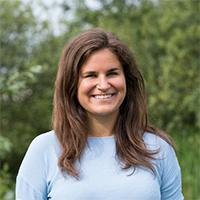
Sara Pruckner
Data Officer @UN Environment Programme World Conservation Monitoring Centre (UNEP-WCMC)
Sara leads UNEP-WCMC’s Ocean+ initiative, using her technical skillset to gather, analyse and disseminate marine biodiversity data in new ways. She is also carrying out spatial analyses for a variety of other projects, such as the Protected Planet Initiative, the AFRIMED project, and the Oil for Development project, all focussing on the restoration, conservation, and sustainable management of marine and coastal ecosystems. Find Sara on Twitter: @Sarapruc

Jillian Dunic
PhD Candidate @Simon Fraser University
Jillian is a marine ecologist and currently a PhD candidate in the Earth2Ocean research group at Simon Fraser University, supervised by Dr. Isabelle Côté. Her research passions include nearshore coastal habitats like seagrass and kelps, particularly if getting to those sites requires diving. Currently, she is using seagrass as a model system to understand how human impacts affect nearshore coastal habitats, particularly in the context of multiple stressors. She uses a variety of techniques ranging from global-scale datasets examined using meta-analysis to local-scale experiments done in the field. Find Jillian on Twitter: @jdunic
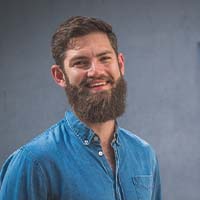
Dr Mischa Turschwell
Research Fellow, Griffith University
Mischa is a quantitative aquatic ecologist with the Australian Rivers Institute at Griffith University in Australia. He is an early career researcher who’s passion is quantifying how anthropogenic pressures impact species and habitats, from catchment headwaters to the ocean. Mischa applies quantitative approaches across marine and freshwater environments – spanning fields including conservation biology, mangrove and seagrass ecology, and fish ecology and physiology – to provide information to conservation practitioners on where urgent interventions are required. His career vision and goals are to perform research that contributes to evidence-based policy change. Find Mischa on Twitter: @turschwell
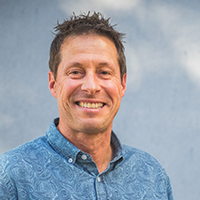
Professor Rod Connolly
Director, The Global Wetlands Project
Professor Rod Connolly is Director of The Global Wetlands Project (GLOW) headquartered at Griffith University in Queensland, Australia. His research team has developed a global index that diagnoses the health of coastal wetlands. The index identifies actions for effective conservation and restoration of key wetland habitats such as mangroves, saltmarsh and seagrass. GLOW uses computer apps and artificial intelligence to automatically monitor and display ecosystem health, carbon capture, and fish stocks. Through his work on ecosystem resilience, Rod is helping to find solutions to the issues of coastal urbanisation, food security, and climate variability. Find Rod on Twitter: @ConnollyLab


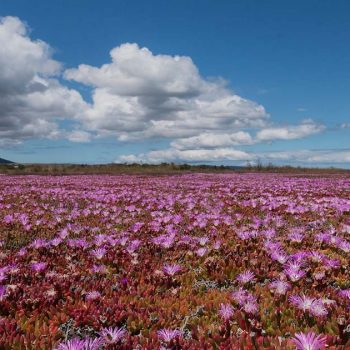
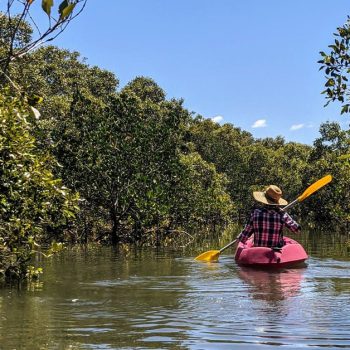
0 Comments